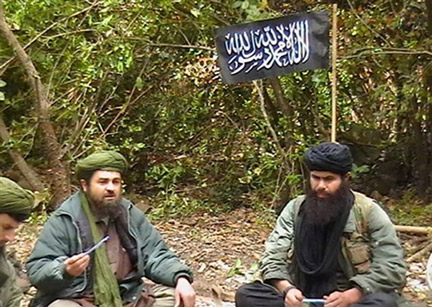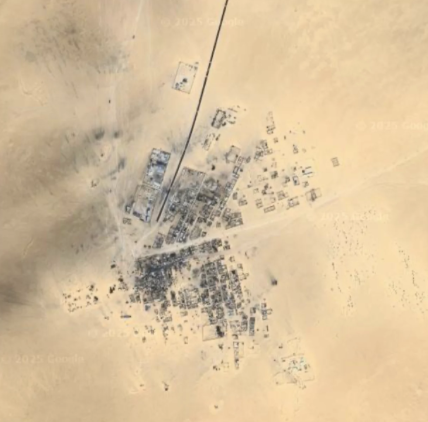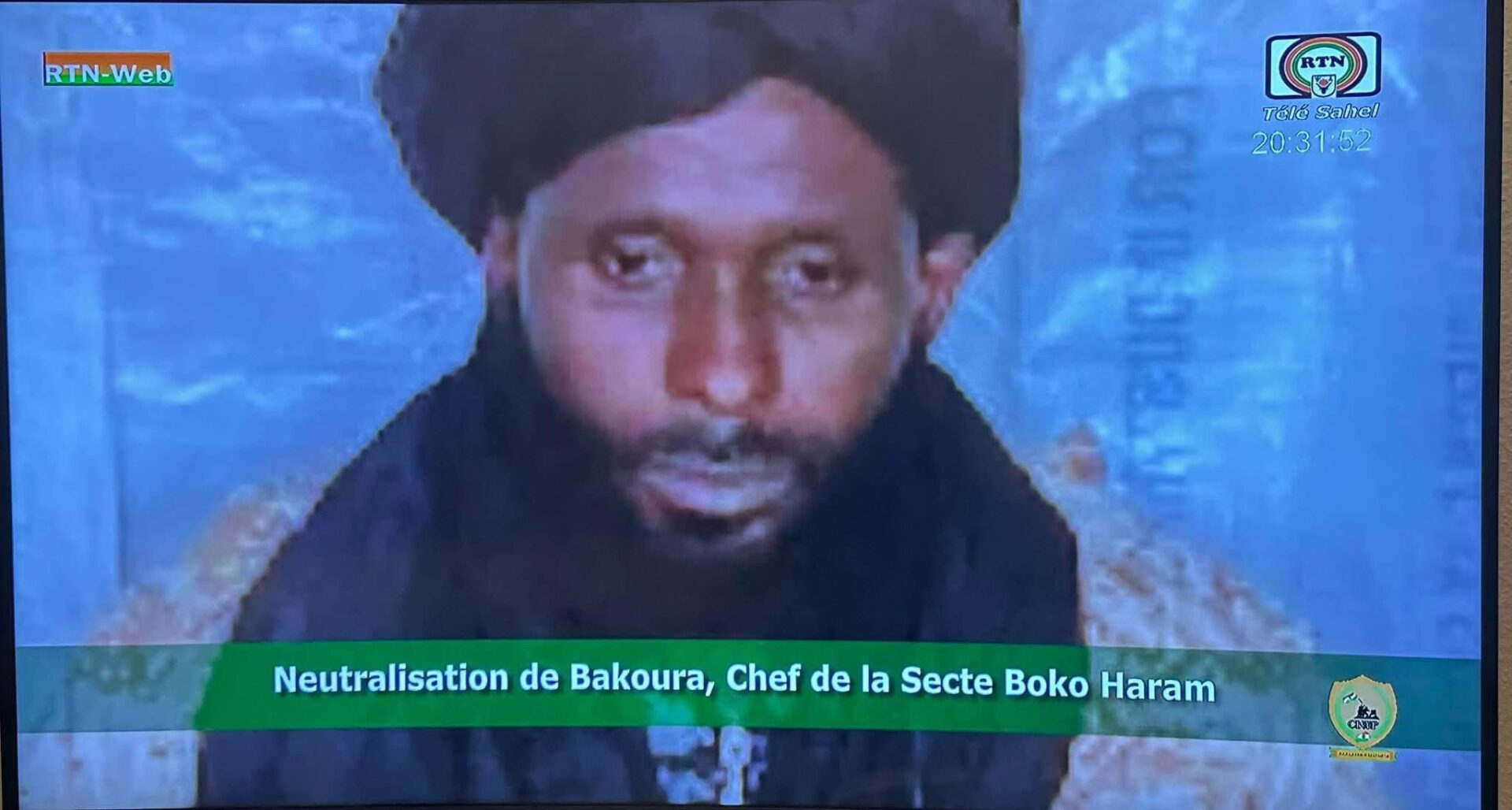
Salafi-Jihadis in Mauritania at the Center of al-Qaeda’s Strategy
Salafi-Jihadis in Mauritania at the Center of al-Qaeda’s Strategy
Salafi-Jihadi activities in Mauritania have increased significantly in the last couple of years, indicating that al-Qaeda affiliated groups are becoming more effective in that country. The frequency of attacks and the nature of the tactics employed suggest that the number of Salafist militants is growing. Their activities are linked, in one way or another, to the increasing inclination of al-Qaeda in the Islamic Maghreb (AQIM) to adopt more regional strategies and expand its activities in the Sahel countries (Mauritania and Mali in particular) rather than limit its activities to Algeria. On March, 10, al-Andalus Establishment for Media Production (the AQIM media group) released a video recording of Shaykh Abu Ubaydah Yusuf entitled, “A Speech to People and Rulers of the Sahel and South of the Desert Countries.” The recording warned these countries against joining Algeria and Western countries like the United States and France in their war against al-Qaeda. Yusuf said that it was never AQIM’s aim to lure Sahel countries to the “battlefield,” as they were just targeting the Crusaders and their interests in those countries. Shaykh Abu Obida stated that “some limited incidents” that occurred previously against the armies of the Sahel countries were only self defense. He warned these governments that this situation will change if they take part in the war against AQIM (aqlame.com, March 10).
The first appearance of modern Salafi-Jihadist movements in Mauritania goes back to the mid-1990s, when authorities announced the arrests of members of several jihadi organizations, such as the Mus’ab bin Umair Brigade, al-Jihad and Hasim (al-Hayat, February 16). Later, more organized Salafi-Jihadi movements emerged in Mauritania, with the first al-Qaeda associated group starting activities in Mauritania in 2000. The group’s name was “al-Murabitun,” though this was later changed to the “Mauritanian Group for Preaching and Combat” (al-Hayat, February 16). This group, as the name implies, was based on young Mauritanians who trained in the Algerian camps of al-Jama`at al-Salafiyyatu li’l-Da’wati wa’l-Qitaal, better known by its French name, Groupe Salafiste pour la Prédication et le Combat (GSPC). Following this, Salafi-Jihadis in Mauritania became more organized. In 2005 they launched attacks on the army base in Lemgheity that killed 15 government soldiers (El-Watan, July 6, 2005; AFP, June 5, 2005; al-Jazeera, June 5, 2005).
In 2007, Salafi-Jihadis in Mauritania started to conduct more sophisticated attacks, such as killing four French tourists in Aleg (southeast of Nouakchott, near the Senegal border) (al-Jazeera, December 24, 2007). Nine AQIM members were arrested in connection with the murders (Agence Nouakchott d’Information, January 8). A few days later, jihadis killed three Mauritanian soldiers in an attack on the Ghallawiya army base (Reuters, December 27, 2007). Such attacks led to the cancellation of the Dakar Rally for the first time since its inception thirty years ago (see Terrorism Focus, January 9, 2008). After that, the jihadis in Mauritania attacked the Israeli embassy in Nouakchott in February 2008 (the embassy is now closed) and continued to target Westerners and the Mauritanian military (al-Arabiya, June 22, 2008). Since December 2009, several Westerners have been kidnapped by jihadis who are seeking to exchange them for their imprisoned colleagues in Mauritania. On August 18, 2009, AQIM released a video recording in order to reveal the name of Mauritanian suicide bomber Abu Ubaydah al-Basri, who failed to reach his target, the French embassy in Nouakchott, and blew himself up in the street in front of the embassy in August 2009 (El Khabar, August 19, 2009).
The development of the Salafi-Jihadi movement in Mauritania is linked to the development of the jihadi movement in Algeria, with significant jihadi leaders in Mauritania, such as al-Khadeem Oled Saman, having been trained in Algeria (anbaa.info [Nouakchott], January 6). AQIM has also established training camps in Mauritania (alakhbar.info, February 2, 2009). The growth of AQIM in Mauritania coincided with the merger of the Algerian jihadis with al-Qaeda in January 2007, which led to AQIM’s growing interest in regional expansion.
This was reflected in the appointment of Yahya Jouadi (a.k.a. Yahya Abu Ammar) as Amir of the Sahel-Sahara Zone, instead of Mokhtar Belmokhtar (a.k.a. Khalid Abu al-Abbas), the latter of whom was in charge of field operations in Mauritania and who succeeded Benmessaoud Abdelkader as the Amir of AQIM’s 9th region, which includes the Sahel and south Sahara region. The current leader of AQIM, Abdelmalek Droukdel (a.k.a. Abu Musab al-Wadoud), believes that Jawadi is more capable of expanding jihad activities, especially in Mauritania. Belmokhtar refused to pay allegiance to Jawadi and has started to negotiate with the Algerian government.
The way that AQIM looks at Mauritania indicates an increasing centralization in coordination between different al-Qaeda or Salafi-Jihadi branches, designed to open more than a front fighting only against the West and its interests. The weakness of the Mauritanian government and the existence of more than a million square kilometers of ungoverned desert between Algeria and the other Sahel countries increase Mauritania’s importance to AQIM, especially at a time when military pressure is being increased within Algeria.


